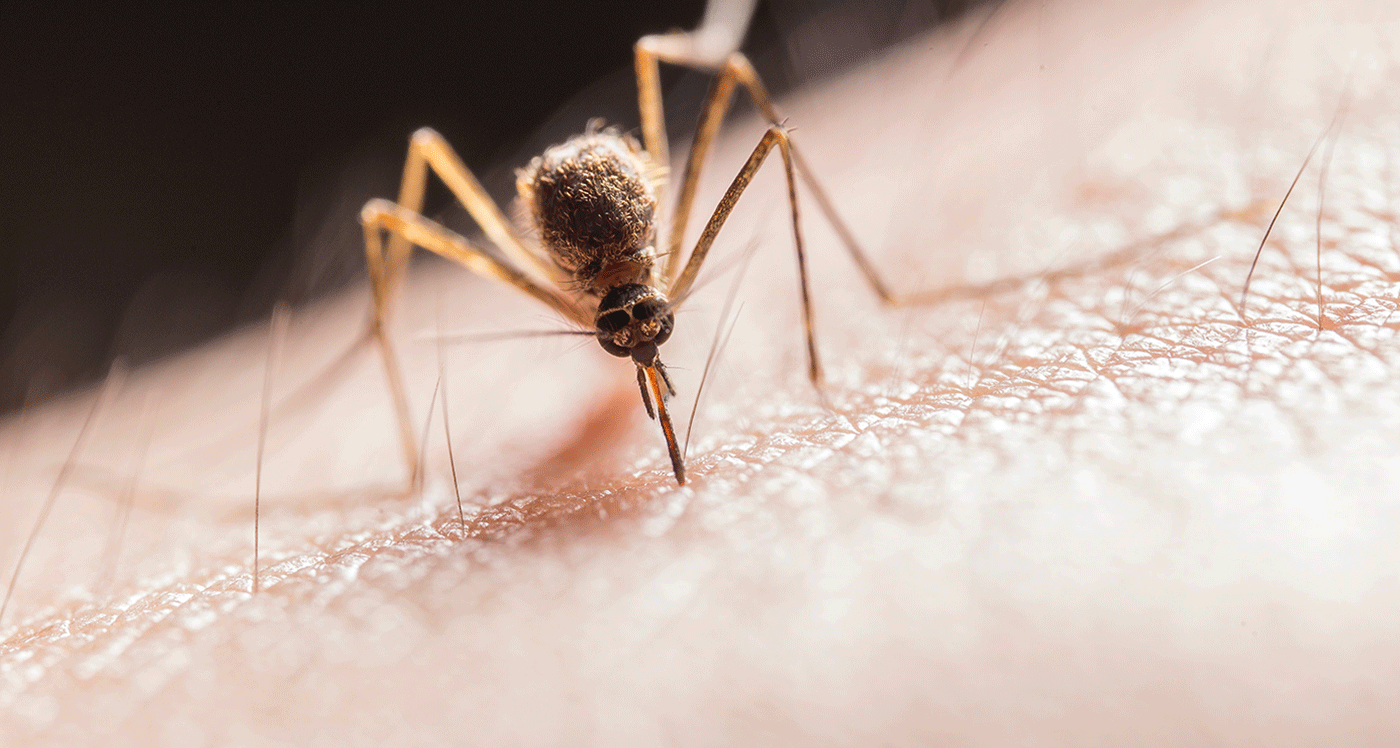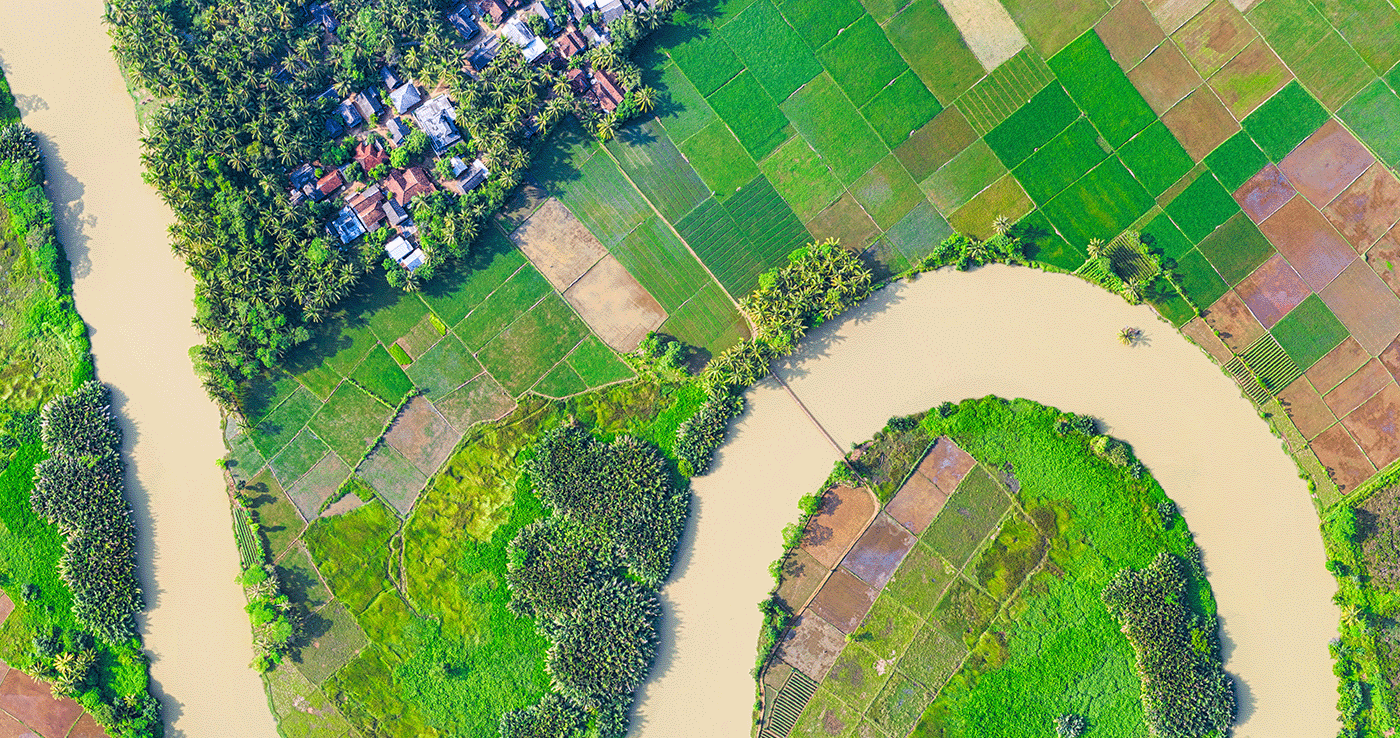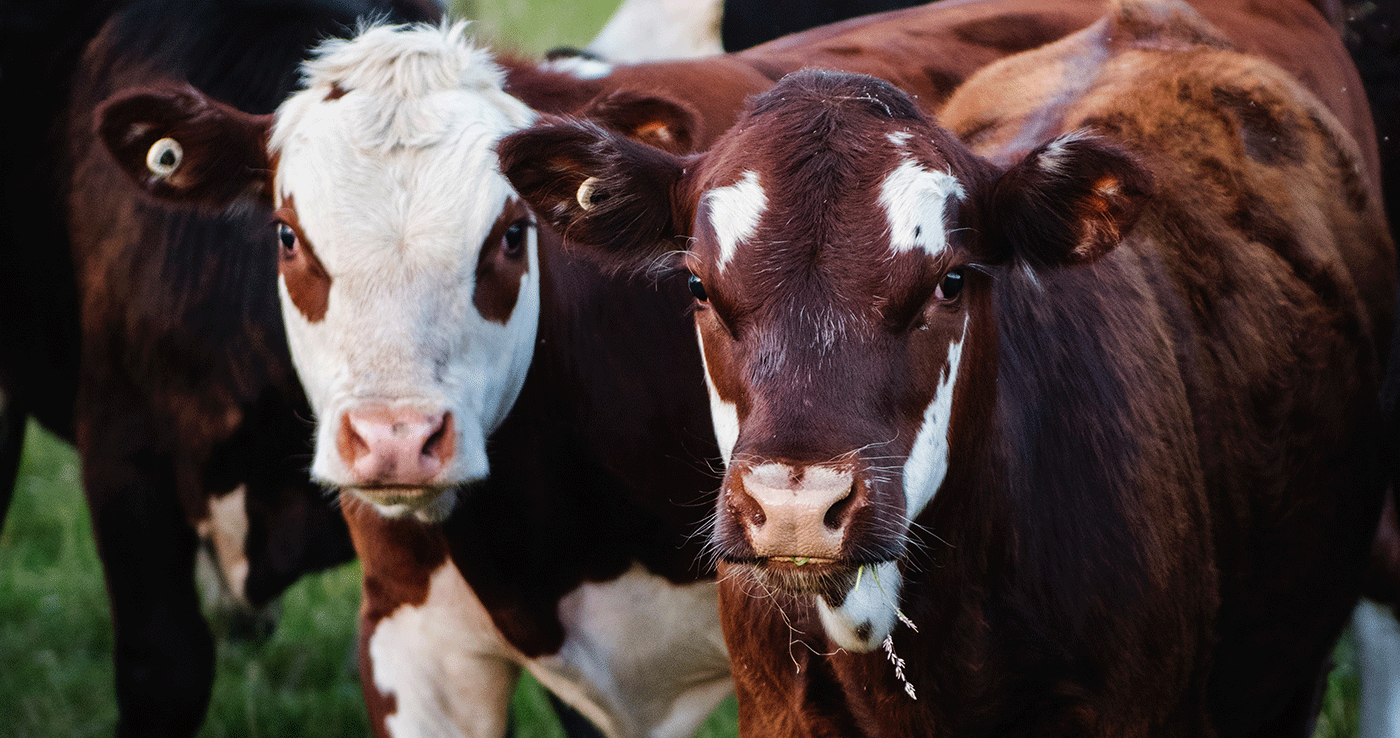One Health in Practice
To address complex health challenges at the interface of people, animals, plants, and our shared environments, we work to:
- Support collaborative, interdisciplinary teams and networks in One Health research, training, and outreach
- Expand transdisciplinary training opportunities for undergraduate and graduate students
- Partner with communities to explore and address local health challenges
- Integrate the arts and humanities into One Health teams and projects
Key Issues in One Health
Zoonotic Disease
In recent years, outbreaks or pandemics of zoonotic diseases (diseases shared between humans and animals) ranging from Ebola and Zika virus to Avian Influenza have raised global concern about pathogens moving among people, domestic, animals, wildlife, and our shared environments. Emerging and existing zoonotic diseases influence human, animal, plant, and ecosystem health in and beyond Nebraska, but our understanding of how their transmission is impacted by climate and other environmental change is still developing. Understanding and managing zoonotic diseases in agricultural, undeveloped, and urban settings is a key challenge requiring collaboration across the life and social sciences, arts, and humanities as well as strong partnerships at government, NGO, and community levels.
In Nebraska, vector-borne diseases are a critical One Health concern. We have the privilege of working with the Nebraska Tick Network (NTN), a collaborative, interdisciplinary working group focused on research, training, and outreach on existing and emerging tick-borne diseases. Our network includes faculty, staff, students, postdocs, health professionals, and extension educators.from across the NU system, Nebraska Extension, Creighton University, the Nebraska Department of Health and Human Services, the Nebraska Department of Agriculture, the Nebraska Game and Parks Commission, and county and tribal health departments.

Food Security & Sustainable Rural Livelihoods
In Nebraska and throughout the world, growing demand for food production is impacting agricultural methods and landscapes. Increasing food security and sustaining rural livelihoods while protecting the health and well-being of humans, animals, and their shared environments poses a complex challenge. Diverse aspects of food security and livelihoods, including migrant farm laborers, agricultural runoff, food waste, changing demographics in agricultural areas, supply chain challenges, impacts of agrochemicals on plant and insect populations, and genetic modification of plants and animals, would benefit from a One Health approach.

Water Quality & Water Quantity
As climate patterns and land use change, protecting safe and sufficient water resources for healthy aquatic habitats, drinking and household water use, irrigation, and recreation is a critical local and global challenge. Ground and surface water contaminated with agricultural chemicals (pesticides and fertilizers), industrial and urban runoff (oil, heavy metals, etc.), toxins from algal blooms or other sources, pharmaceuticals, and pathogens from livestock production, pets, and free-ranging animals can adversely impact human, animal, and ecosystem health. New solutions are needed at the interface of agriculture, urban development, and conservation to protect water quality and quantity.
Our partners below lead exciting One Health work on water quality and quantity...
The Water, Climate, and Health Program at the UNMC College of Public Health and the Daugherty Water for Food Global Institute
The Nebraska Water Center at the University of Nebraska–Lincoln.

Antimicrobial Resistance
Medical, social, and economic forces impact the use of antimicrobials in human and animal healthcare as well as agricultural production. Growing concern from health professionals, consumers, environmental stewards, and global health agencies (WHO, FAO, CDC) highlights the need for a more holistic approach to understand and address increasing levels of antimicrobial resistance (AMR). As current methods for screening for and reporting AMR differ in human and animal clinical settings as well as environmental studies, there is a vital need for approaches to effectively link data, researchers, and policymakers across these realms.
